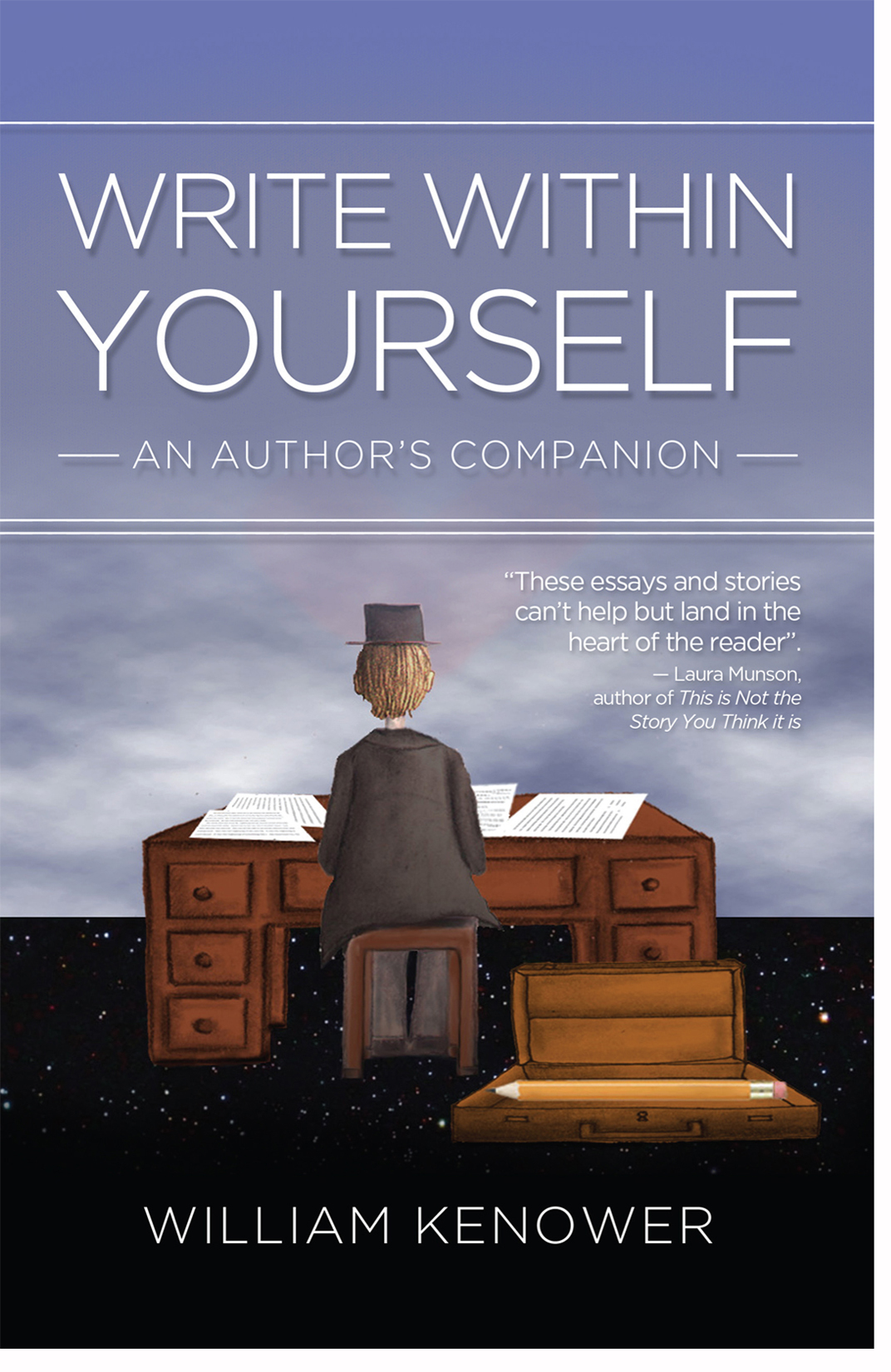Inner Critic
Some writers embrace criticism, and some do not. When I spoke to Wally Lamb, he shared with me that he is a member of three writing groups, all of whom read and critique his work. Meanwhile, Louis Sachar shares not one shred of what he is writing with anyone – except the title – until the book is completely finished. Last year I was on a panel with Deb Caletti, Megan Chance, and Jennie Shortridge, all of whom described the outrage they first experience upon receiving a red-gashed manuscript back from their beloved editors. Compare this to N. D. Wilson who craves the “resistance” an editor’s feedback provides, without which he feels his work grows soft. It is easy for me to become disoriented when the horns of criticism begin blaring in my ear. I write to hear myself, after all; why am I listening to these other people? Yet what is writing but sifting through thoughts until I find one that serves the story I am trying to tell? And what is a criticism but a thought that comes from someone else? Regardless of where it comes from, every thought must in the end be put to the same test—namely, measured against the shape of the story to understand if it fits.
Which is why criticism is so much more useful than how it might or might not strengthen my story. I cannot be reminded often enough of the difference between the thoughts that blow ceaselessly through my mind, and me. How often I have mistaken one for the other, and in that instant my well being feels as transient as a word waiting beneath an uncertain eraser. I remember who I am the moment that word is gone and I awaken to find myself holding the pencil.
Write Within Yourself: An Author's Companion.
"A book to keep nearby whenever your writer's spirit needs feeding." Deb Caletti.
You can find Bill at: williamkenower.com


